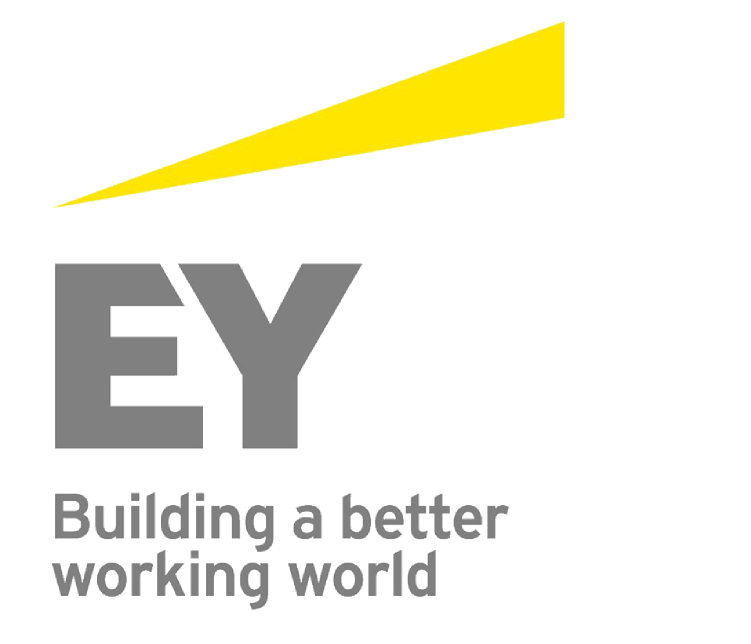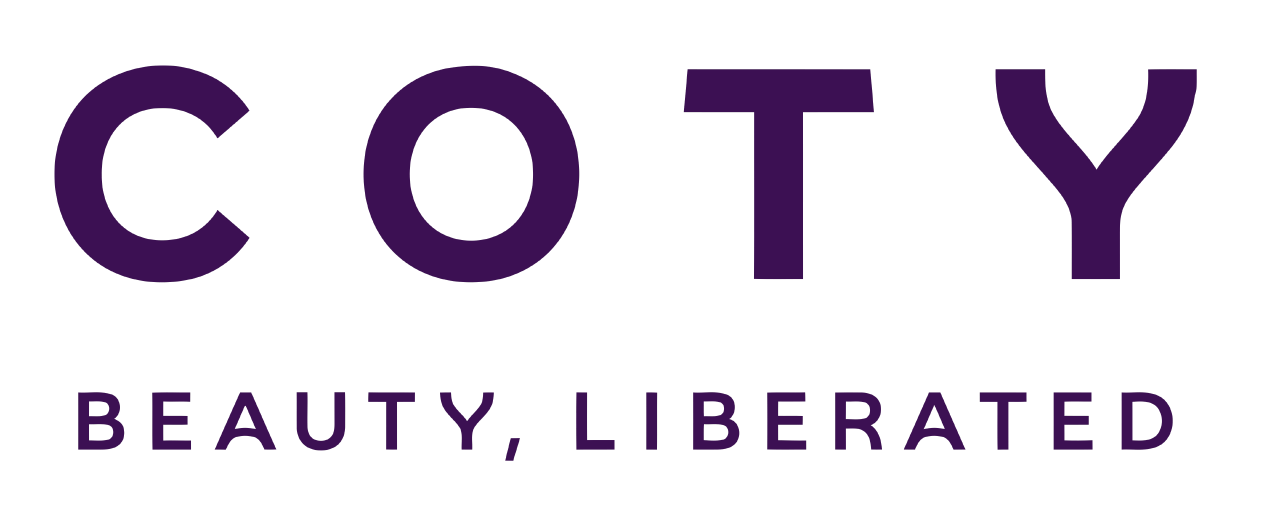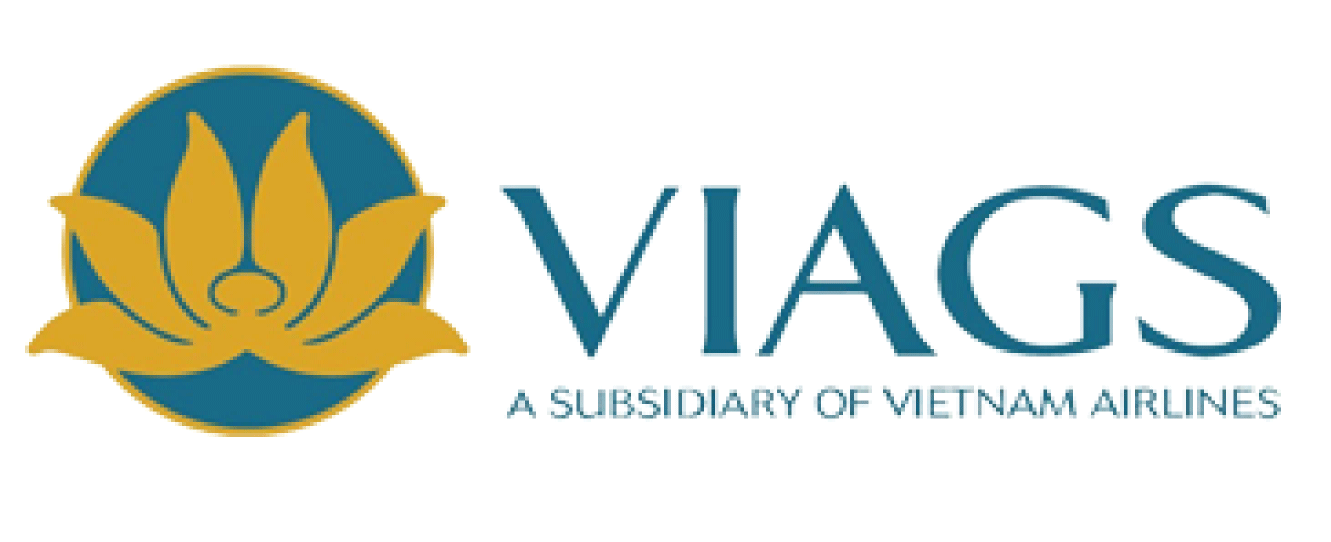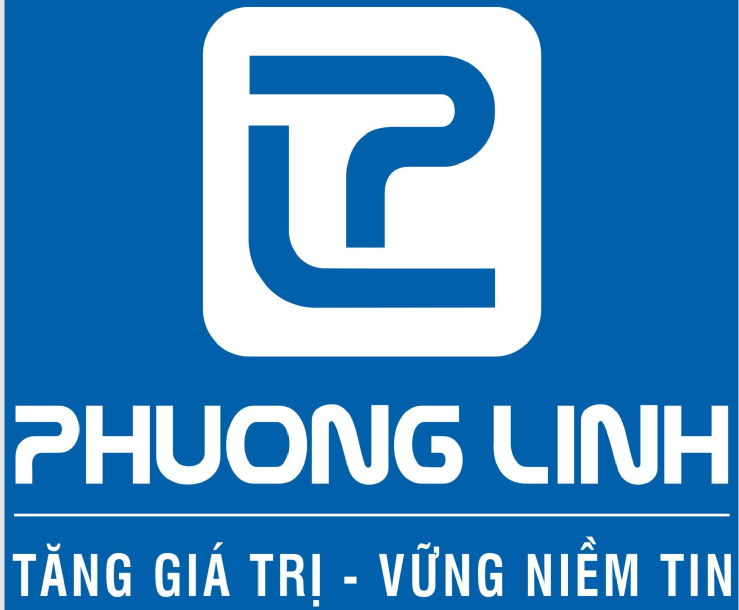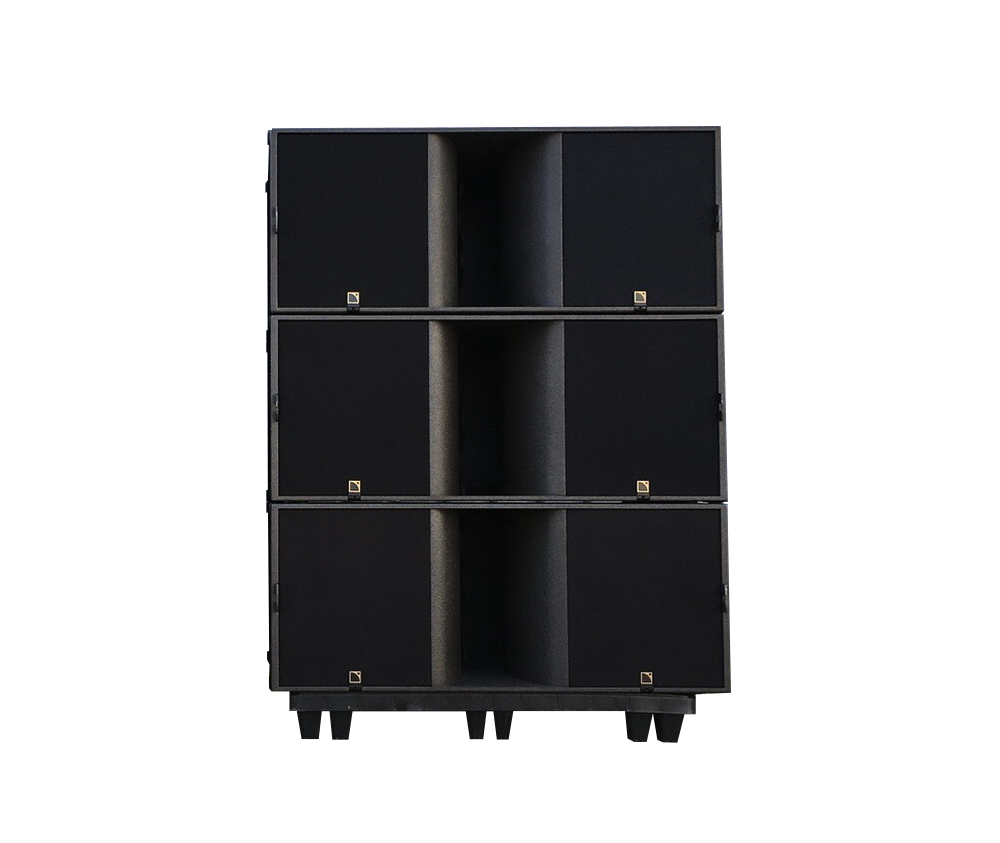Conference Planning Checklist: Everything You Need from A-Z
Apr 24, 2025Planning a successful conference goes far beyond picking a date and booking a venue, it’s a complex process with countless moving parts that require precision and foresight. If you’re searching for a conference planning checklist that’s both comprehensive and easy to follow, you’ve come to the right place. AV Vietnam walks you through every essential phase of conference organization, helping you turn your vision into a seamless, impactful event.
Pre-Planning
An effective conference planning checklist starts with a solid foundation. The pre-planning stage is where your vision begins to take shape. Each decision made here lays the groundwork for a successful and well-coordinated event.
Define conference goals & objectives
Every successful event starts with a clear understanding of “why.” Begin by identifying the core purpose of your conference. Are you aiming to build industry authority, generate leads, facilitate networking, or foster education and knowledge sharing?
Define specific outcomes such as the number of attendees, engagement metrics, or business conversions. These objectives will guide everything from content development to sponsorship strategy and help you measure success after the event concludes.
Ask yourself:
-
What value will attendees gain?
-
What impression should they leave with?
-
What actions should follow the event?
Having well-defined goals creates alignment across teams, stakeholders, and vendors, keeping everyone focused on the same result.

Define conference goals & objectives
Set date and budget
Timing is everything. When setting a date, consider factors beyond your internal timeline, like major holidays, competing industry events, or travel availability for your target audience. A well-chosen date maximizes attendance and minimizes logistical challenges.
Simultaneously, outline a comprehensive budget. Start with major cost centers such as venue, catering, speakers, audiovisual rental, marketing, staff, and tech platforms. Then, allocate for contingencies because unexpected expenses are inevitable.
Use past events (if available) as benchmarks, and consider building a flexible budget that evolves with your conference planning checklist. Tools like Excel templates or event budgeting apps can help you stay organized.
Select and book a venue
The venue is more than just a location, it’s a critical part of the attendee experience. Consider the size, layout, accessibility, amenities, parking, nearby accommodation options, and services like in-house catering or security. Will your event be in-person, hybrid, or virtual? Your venue must support your format.
Visit multiple venues before booking, ask for detailed floor plans, and review cancellation policies carefully. Booking early also gives you leverage for better pricing and availability, especially during peak seasons.
Don’t forget to:
-
Check AV capabilities
-
Inquire about Wi-Fi and power access
-
Ensure compliance with local health and safety regulations

Select and book a venue for the event
Decide on the theme and branding
A compelling theme creates cohesion and memorability. It reflects your conference’s purpose and helps shape every element of the experience, such as keynote content and stage design, or giveaways and social media posts.
Once your theme is set, develop a visual branding guide that includes fonts, colors, logos, and style direction. This guide ensures consistent visuals across all platforms and materials, including the website, name badges, event app, banners, and promotional graphics. A strong brand builds anticipation, increases recognition, and elevates the professionalism of your event.
Develop conference website and online registration
Your conference website is the digital home of your event. It should be clean, informative, mobile-optimized, and easy to navigate. Include:
-
An overview of the event
-
Agenda highlights
-
Speaker bios
-
Venue details with maps
-
FAQs and contact info
Online registration should be seamless, secure, and customizable. Integrate payment options, confirmation emails, and attendee tracking. If possible, connect the system with your CRM or email platform for easier follow-up and lead nurturing.
Platforms like Eventbrite, Cvent, and Whova offer robust registration features tailored for conferences, including ticketing, promo code support, and real-time analytics.

Develop conference website and online registration
Outline the event program and agenda
A compelling agenda is the backbone of your conference, shaping the attendee experience and guiding the event’s flow. Begin with the big picture: determine the number of days and sessions, and define a well-balanced mix of keynotes, panels, workshops, and networking opportunities.
From there, map out a detailed daily schedule that considers session pacing, appropriate time buffers for transitions and breaks, speaker availability and diversity, as well as the varying needs of your audience.
While your agenda should be structured enough to support logistics, speaker preparation, and promotional efforts, it also needs to remain flexible for unexpected changes. For enhanced engagement, present your agenda in a visual format across your website and marketing materials, making it easy to understand and appealing at a glance.
Determine technology and AV requirements
Modern conferences are deeply reliant on technology, both for functionality and attendee experience. Start by identifying your needs:
-
Microphones (lapel, handheld, conference)
-
Simultaneous translation or voting systems
-
Wi-Fi and networking support
If your event includes a virtual or hybrid component, test platforms like Zoom Events, Hopin, or Webex well in advance.
Partner with AV Vietnam (AVV), a trusted name in the industry, for state-of-the-art event equipment rental solutions tailored to conferences of all sizes. We provide end-to-end support, from high-quality sound systems and dynamic lighting to high-resolution LED walls and seamless technical execution. Whether it’s any events, AVV ensures every moment of your event is delivered with clarity, impact, and absolute professionalism.

Professional sound and lighting system provided by AV Vietnam
Build a preliminary marketing plan
Marketing shouldn’t be an afterthought, it needs to begin as early as the pre-planning phase. A well-structured strategy at this stage sets the tone for outreach and engagement. Start by identifying your target audience personas and defining clear messaging pillars that highlight the unique value your conference offers.
Choose the right mix of channels - email marketing, social media, PR, and strategic partnerships - to maximize visibility. Develop a timeline for campaign rollout, like early-bird promotions to last-minute reminders, and establish key performance indicators (KPIs) such as click-through rates, registration numbers, and overall reach to measure effectiveness. Generate early excitement with teaser content, speaker reveals, and limited-time offers.
Collaborating with sponsors and partners to cross-promote the event can further amplify your message. The sooner you begin, the more momentum you build leading up to the big day.
Planning your conference
Once your foundation is solid, it’s time to shift into the core planning phase, where ideas become actions. This stage is all about execution, collaboration, and fine-tuning the details that will define your attendees’ experience.
Finalize conference agenda
Now that the initial program framework is in place, it’s time to finalize your agenda. This means locking in session topics, speakers, and timing down to the minute. Confirm speaker participation, collect bios and headshots, and align their content with your overall event goals.
Include contingency slots in case of cancellations or time overruns, and review the flow of the day to ensure it keeps energy levels high. Don’t forget to include breaks and informal networking moments to avoid burnout and maximize engagement.
Confirm vendors and services
With your schedule and goals aligned, now is the time to confirm all external vendors. From catering and venue support to AV services, photography, and signage providers, each partner plays a crucial role in bringing your vision to life. Ensure that all contracts are signed, service scopes are clearly defined, and timelines are aligned with your run-of-show.
It’s also essential to conduct final site visits with key vendors, especially AV Vietnam and your catering team, to walk through the venue layout, run technical checks, and verify setup requirements. A shared understanding between vendors helps prevent miscommunication and ensures smooth, on-site execution.
Set up event technology
Modern conferences rely heavily on integrated technology for both operations and engagement. This is the stage to deploy or configure platforms like:
-
Online registration systems (if not done earlier)
-
Event apps for session schedules, speaker bios, and live Q&A
-
Badge printing and check-in tools
-
Livestream and hybrid event solutions
-
On-site networking tools or lead capture for exhibitors
Test all tech thoroughly; glitches during the event can quickly erode credibility. Make sure your team and vendors are trained on how each system works, and always have backup plans in place, as outlined in your conference planning checklist.

Set up event technology
Design the delegate journey
One of the most impactful yet often overlooked aspects of a conference planning checklist is designing a seamless delegate journey. This includes every step from the moment attendees register online to when they check in, join sessions, network, and eventually leave the venue. A thoughtful flow reduces confusion, enhances engagement, and sets the tone for a professional experience.
To elevate the journey, ensure signage is clear, spaces for networking and downtime are available, and meal breaks are well-timed. Add small but memorable touches like a welcome kit or surprise guest speaker to delight your audience. When every detail feels intentional and attendee-focused, your event leaves a lasting impression.
Prepare attendee communication
Effective communication is essential for keeping attendees informed, engaged, and excited throughout the event lifecycle. During this stage, focus on developing a well-communicated timeline that includes everything from registration confirmations to timely reminders about sessions, speakers, and networking opportunities. Don’t overlook practical updates on travel, parking, or health protocols, as these help manage expectations and reduce last-minute confusion.
After the event, follow up with thank-you emails and feedback surveys to maintain engagement and gather insights for future planning. A mix of automated emails and personalized outreach, all aligned with your event branding, ensures a consistent and professional experience that builds attendee trust and satisfaction.
Coordinate on-site logistics
The final puzzle piece is logistics. This involves managing all physical elements of your event, including:
-
Directional and branding signage
-
Printed materials like programs, brochures, and agendas
-
Attendee badges and lanyards
-
Welcome kits or conference swag
-
Furniture layout and exhibitor setup
Develop a comprehensive logistics for conference planning checklist to guide your team and vendors. Assign clear responsibilities, build in extra time for setup, and always have a backup plan for common issues like misprints or delayed shipments.

Coordinate on-site logistics
Post-conference follow-up
The conference may be over, but your job as an organizer isn’t done just yet. The post-event phase is a critical opportunity to strengthen relationships, evaluate success, and lay the groundwork for future events.
Send Thank-you emails to attendees, speakers, and sponsors
Within a few days of your event, send personalized thank-you emails to attendees, acknowledging their participation and enthusiasm. Extend your appreciation to speakers for sharing their expertise, and to sponsors for their support and partnership.
This small gesture helps foster goodwill and increases the likelihood of future collaboration or attendance. Where appropriate, include a recap video, key takeaways, or a link to download presentation materials.

Send Thank-you emails to attendees, speakers, and sponsors
Gather feedback from attendees and staff
Distribute post-event surveys to attendees while the experience is still fresh in their minds. Ask about content quality, speaker performance, logistics, and overall satisfaction. Don’t forget to also gather feedback from your internal team and vendors.
Their perspectives can reveal operational blind spots or technical issues that went unnoticed. Keep the survey concise and focused, and offer an incentive if possible to encourage responses.
Analyze event performance
With feedback collected, take a data-driven look at your event’s performance. Review metrics such as attendance rates, session participation, app engagement, lead generation, and social media activity. Compare your actual spend against the original budget to identify areas of overspending or savings.
These insights are vital not only for reporting to stakeholders but also for optimizing planning processes in future events. If you used digital platforms, take advantage of built-in analytics to streamline your review.
Archive materials and update contacts for future events
Finally, organize and archive all event-related materials, including presentation decks, session recordings, signage designs, and vendor contracts, for easy access later.
Update your contact lists based on registrations, new leads, and networking outcomes, and segment them for future communications. A well-maintained database ensures you’re ready to hit the ground running when planning your next event.
Planning a successful conference requires more than just checking boxes, it demands strategic foresight, attention to detail, and the right partners by your side. With this comprehensive conference planning checklist, you’re equipped to deliver a well-organized, memorable event from start to finish.
And when it comes to audio-visual excellence, AVV is here to support your vision every step of the way. From LED screens and lighting to livestream setups and on-site support, we ensure your message is heard loud and clear. Ready to elevate your event? Contact AVV at +84 939 311 911 for expert AV solutions tailored to your conference needs.

